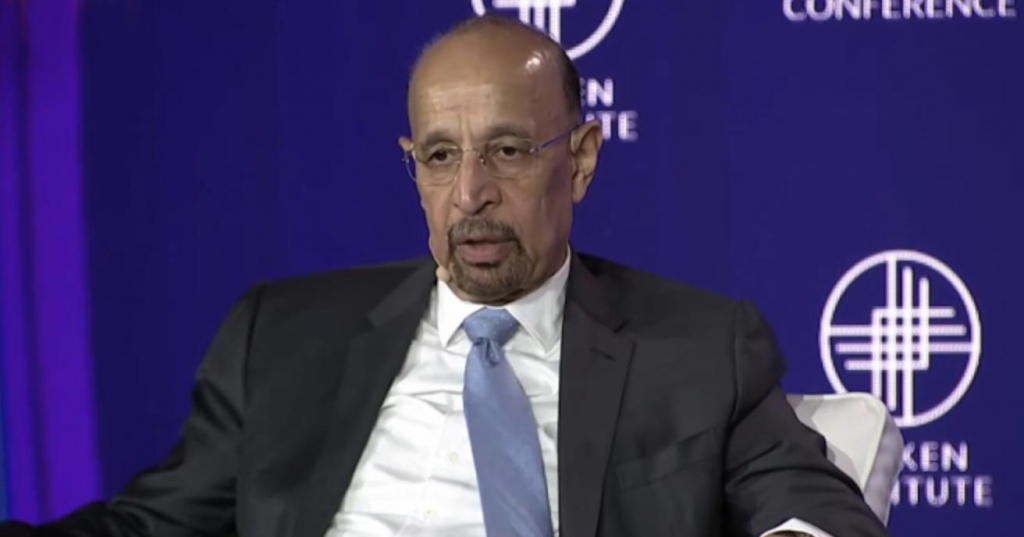
Saudi Arabia continues to lure domestic, foreign investments: Minister
Saudi Arabia continues to attract both domestic and foreign investments, despite global geopolitical and economic challenges, said Saudi Minister of Investment Khalid Al-Falih.
The Kingdom developed high capabilities to adapt to shocks, through accumulated experience in confronting various challenges, added Al-Falih during a panel discussion organized by the Milken Institute in California.
Saudi Arabia successfully made minor adjustments and adapted to changes in supply chains resulting from disruptions in the Red Sea, with negligible impact on economic activity.
The Kingdom is witnessing a continual flow of investments, led by the private sector and the Public Investment Fund (PIF), alongside growing interest from foreign investors, perceiving promising opportunities in the region, the minister said.
Saudi Arabia and other GGC countries now offer a balanced equation between risks and returns, positioning them as distinguished investment destinations in the global economic landscape.
Meanwhile, the US still maintains its superiority, with no real competitor in several areas, particularly in innovation and financial markets, notably in the field of artificial intelligence (AI).
These innovations reflect previous revolutions, such as globalization, which were also driven by US policies, said Al-Falih, citing the continued Saudi confidence in the US institutions and the ongoing cooperation and investment with them.
A country's brand is not static but evolves with historical changes and current trends, Al-Falih noted, adding that the ongoing changes in the US, whether in economic or industrial policies, are part of the general trend among advanced and emerging markets.
The Saudi minister also cited the shift in economic power balances, and the decline in the G7 countries’ contribution from 60% to 40% of the global GDP over the past two decades, in contrast to the significant rise of emerging markets, which have become capable of innovation and competition.


























